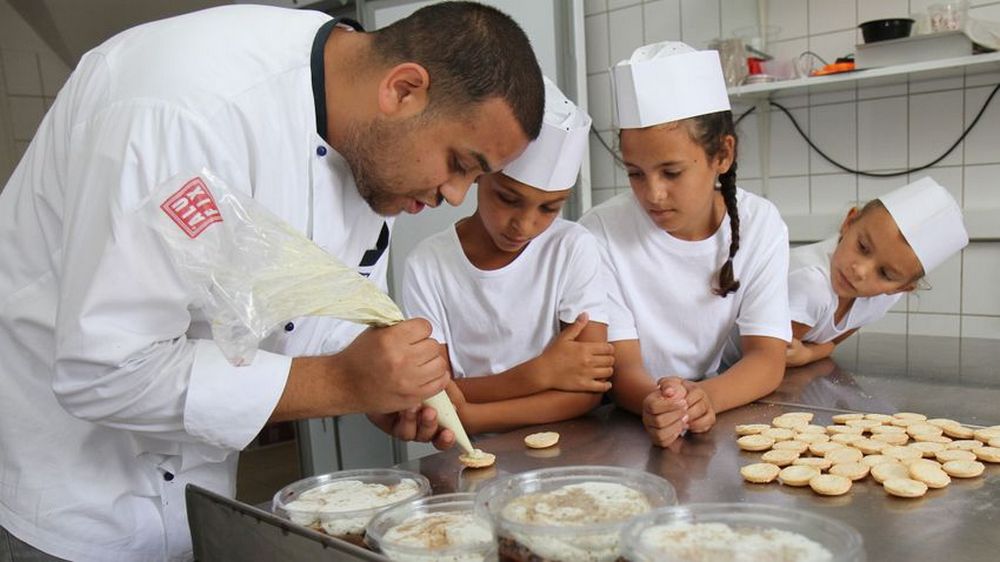Pester Lloyd (2014) reports that the latest poverty report of the Hungarian central statistical office (KSH), which usually always appears in late September, will probably appear this year only after the municipal elections of October the 12th. According to the opposition, with high probability this is the result of wanting to conceal the significant rise of the poverty rate, which would cast a poor light on the ruling Fidesz party. The spreading poverty creates a fertile ground for nationalist ideas that are also directed against the largest minority of the country, the Rroma: “A survey of the OECD, together with Gallup, found that nearly half of the Hungarian households cannot buy regularly enough food for an adequate nutrition, around 40,000 children hunger on a regular basis (2010: 20,000) and 250,000 (120,000) children are not properly fed. The 2010 study the Fidesz government did by itself, to illustrate the failure of the predecessors; the numbers four years later were contributed the abovementioned foreign organizations. At this point, it is necessary to clarify that a child who is hungry, is done violence to by the state. It is a crime against humanity. The government has – also with EU funding – again launched a multi-million dollar aid program and intensified it in the face of the coming winter, which provides, among other things, subsidised or free cafeteria food for the needy and distributes food parcels and firewood to households. However, it is regularly reported of humiliating allocation practices, especially towards the particularly affected Roma minority, which is either excluded or only benefit from this charity under specific conditions.” Given this news, it seems not without irony that the minister for human resources, Zoltan Balog, demanded in a recent statement the better integration of Rroma into the European labour market and a better use of their work force. As the current situation demonstrates, in many cases, the will to work alone is not sufficient to get a good job, because the equal access to training and the labour market is not given. Moreover, to designate the Rroma as cheap labour, who could do non qualified labour, is an ambivalent appreciation of a minority who also encompasses many skilled members (compare Politics.hu 2014).
- Pester Lloyd (2014) Keine “Bad News” vor den Wahlen: Regierung hält Armutsbericht zurück. In: Pester Lloyd online vom 7.10.2014. http://www.pesterlloyd.net/html/1440armutsbericht14.html
- Politics.hu (2014) Europe should “discover” Roma as potential, Hungarian minister says. In: Politics.hu online vom 4.10.2014. http://www.politics.hu/20141004/europe-should-discover-roma-as-potential-hungarian-minister-says/

